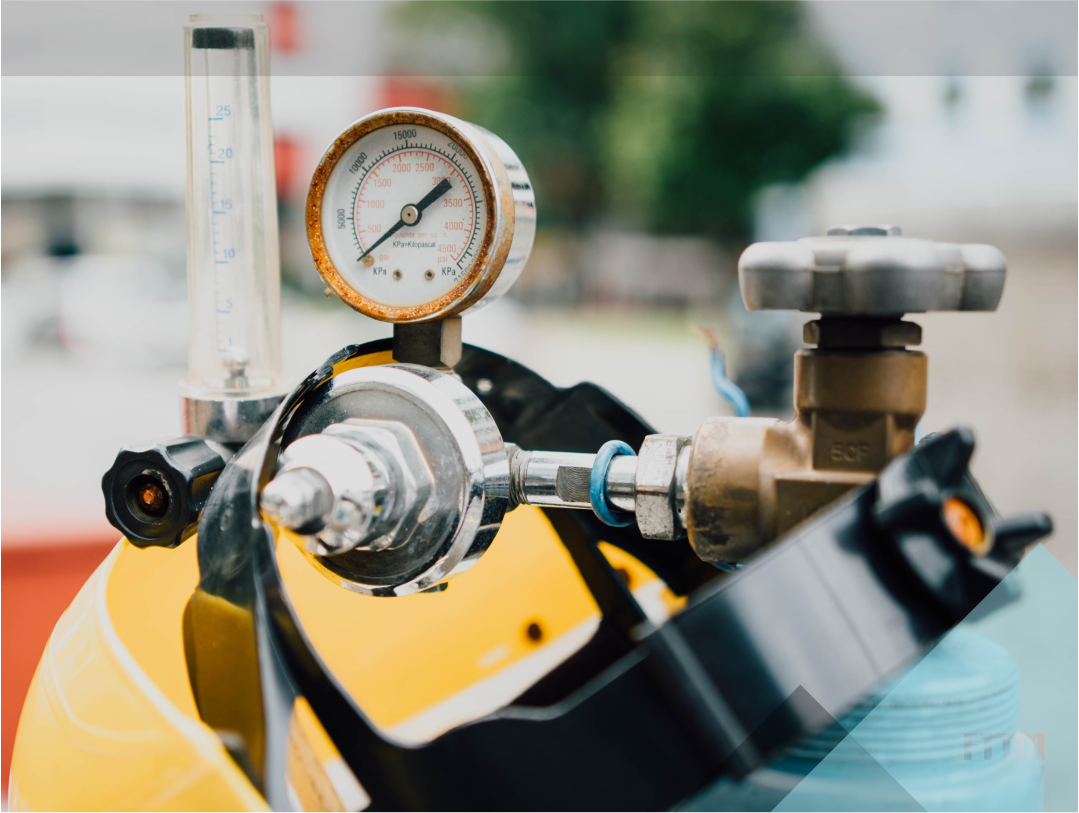Minimum Miscibility Pressure Reduction Using Organic Compounds Mixture
A. K. Permadi*, F. Berylian, A. W. Tammala, D. Aullia, A. N. Hidayah, A. Wirandhana, R. Dewantoro
Petroleum Engineering Department, Institut Teknologi Bandung
*Corresponding author
ABSTRACT
Some wells are not capable to reach Minimum Miscibility Pressure (MMP) in order to allow miscible CO2 injection, especially those with high temperature and depleted reservoir pressure. For these wells to reach MMP, reservoir pressure must exceed formation fracture pressure. A lot of additives have been added to injected stream to lower the MMP value, with varying results. This paper presents evaluation results of a different method to lower the MMP – using simple organic compounds. This paper presents a new integrated approach of simulation studies to evaluate certain compounds’ ability to lower MMP value. From PVT simulation using WINPROP, two compounds showing best performance (Methylamine and Methoxyethane) are evaluated further using Slimtube simulation and single-well simulation. After conducting single-well simulation using CMG, it is found that Methoxyethane (15% mole percent) can lower MMP quite significantly, from 1800 to 1370 psi. With 1300 psi of injection pressure, best oil recovery can be obtained after 60 days injection, and 50 days soaking, with 2 MMSCFD injection rate. Some factors that affect compounds’ ability to lower MMP are also discussed, including polarity and density. These findings can hopefully open the possibility for more studies of MMP reduction using organic compounds and eventually for use in field impelementations.
Keywords: MMP, Organic compounds, Simulation study

